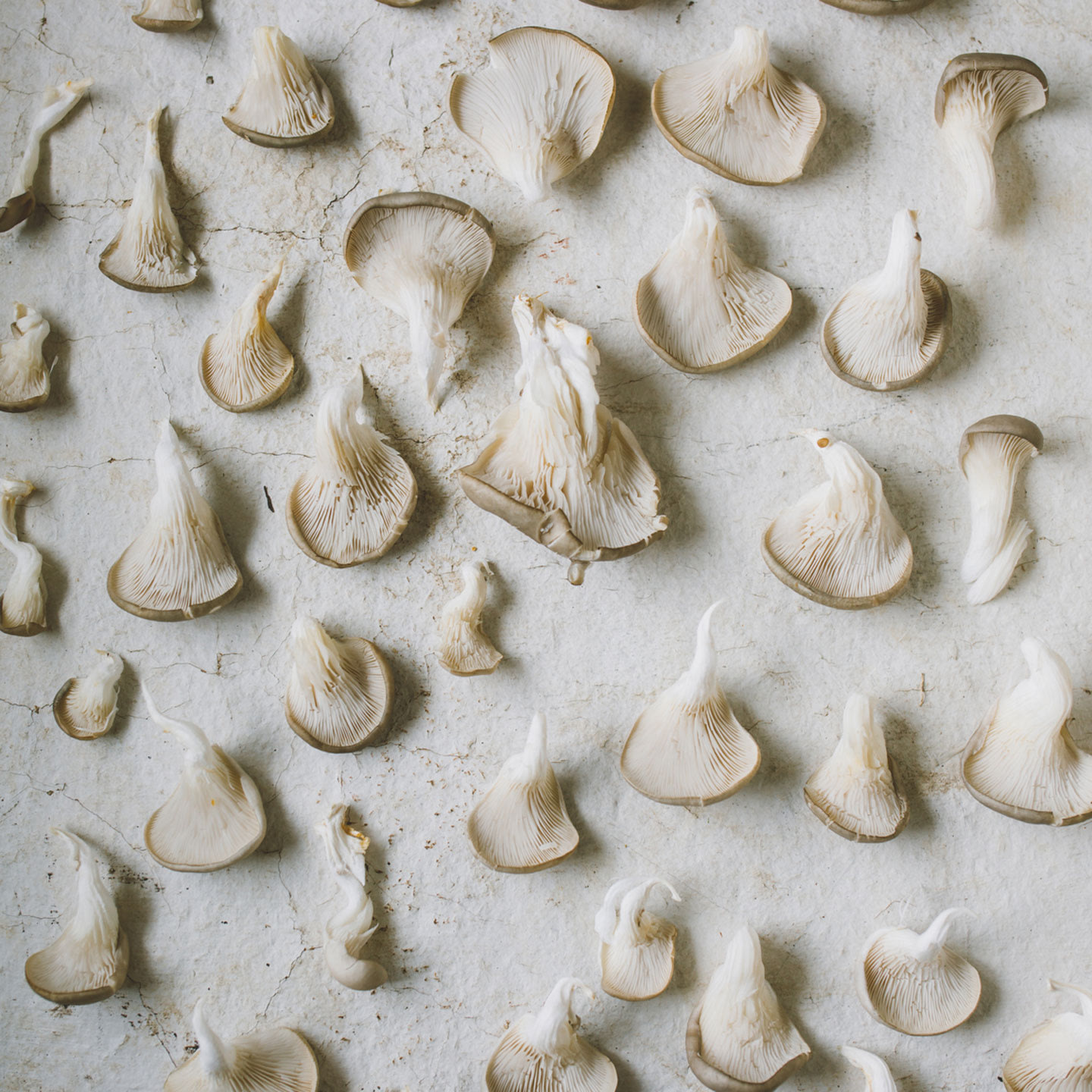



The Daily Check-In 9.25
Defrost your body.

Seasonal spotlight: oyster mushrooms

Though you can find mushrooms in stores year-round, the wild varieties are harvested in the fall. Seek out oyster mushrooms, which usually come in white, yellow, or light brown hues, at the farmer’s market or grocery store. They’re high in fiber, rich in antioxidants, and full of brain-boosting minerals such as selenium.
The earthy-flavored food “can also lower the glycemic load of your meal, so that your blood sugar doesn’t spike,” says Isabel Maples, RDN, a Virginia-based registered dietitian. Roasted or sautéed, they add an umami note to salads, stir-fries, and more.
Think about pre-COVID life.

“A big trend I’m seeing is that people are reevaluating whether their hectic lifestyle is something they want to resume,” says Niloo Dardashti, Psy.D., adult, couples, and workplace psychologist at Manhattan Psychology Group. “For some, quarantine may have helped them realize they want to spend more time with family or be less consumed by work.”
Before you make a major life choice like changing your job, think about your pre-COVID life. Were you fulfilled? “It could be that you’ve been unhappy for a while, and it took the changes brought about by lockdown to bring that to the surface,” Dardashti says. But it could also be that you’re experiencing some anxiety about returning to normal life, which is not uncommon—and will likely shift with the passing of time.
Be (spontaneously) kind.

Helping a neighbor with their groceries is an example of a random act of kindness, which may actually be more beneficial to your well-being than “formal prosocial behavior” like volunteering at a soup kitchen, according to a new study published in Psychological Bulletin.
Study authors speculate it’s because the more spontaneous and diversified nature of random acts of kindness help create social connections, plus they’re less likely to become monotonous over time.


